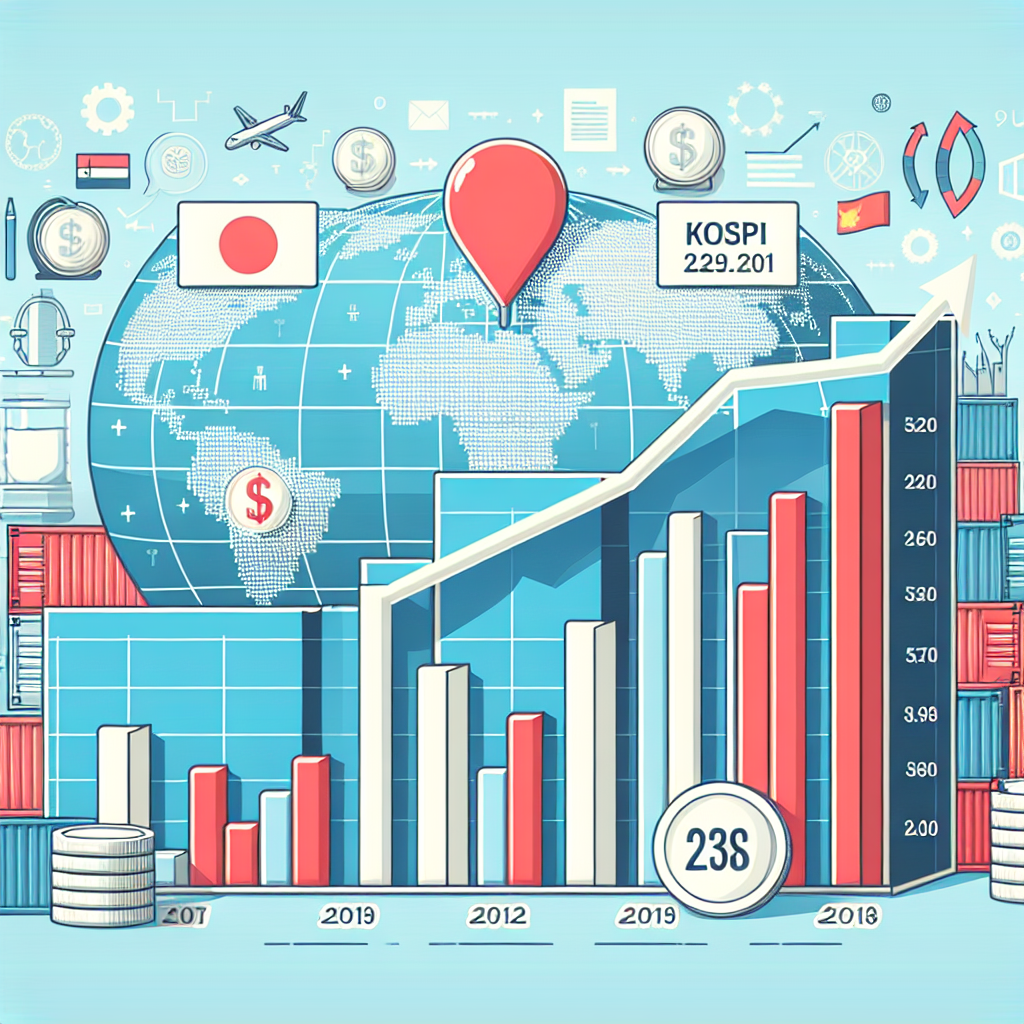Asian Equities Climb Despite US Tariff Hike on Indian Exports
In a surprising turn of events, global investors looked past fresh geopolitical trade tensions as key Asian markets posted gains. The rally came after former U.S. President Donald Trump announced an increase in tariffs on Indian exports—an event typically seen as a headwind for emerging markets. However, equity indices in Japan and South Korea remained buoyant, reflecting investor optimism or strategic anticipation of limited economic fallout.
Japan’s Nikkei 225 and Topix See Notable Gains
Japan’s main stock index, the Nikkei 225, led the Asian market rally on the day, gaining 0.54%. The broader Topix index also followed suit, rising 0.45%, reflecting broad-based buying across various sectors. This upward movement suggests investors are continuing to bet on Japan’s economic resilience and corporate earnings prospects.
Factors Boosting Japanese Equities:
- Stronger-than-expected corporate earnings: Japanese conglomerates have consistently beat market expectations this earnings season.
- Stable monetary policy: The Bank of Japan’s promise of continued accommodative policy seems to have reassured markets.
- Weakened Yen: A weaker currency has made Japanese exports more competitive, boosting profit margins for exported goods.
South Korea’s Kospi Also on the Rise
South Korea’s benchmark index, the Kospi, recorded modest gains during the trading session, reflecting investor confidence in the region’s chipmakers and technology sector. Despite global uncertainties and a mixed macroeconomic outlook, South Korea’s equity markets have remained relatively stable.
Market Sentiment in South Korea:
- Global semiconductor demand remains a key growth catalyst for the Kospi, heavily weighted by tech giants like Samsung and SK Hynix.
- Retail investor activity has provided strong domestic support to the bourse amidst global market uncertainties.
- Resilient economy: South Korea’s robust industrial output and export data have helped keep investors optimistic.
Trump’s Tariff Move on Indian Exports: Limited Market Reaction
Former President Trump’s decision to raise tariffs on selected Indian exports came as another flashpoint in global trade tensions. While such a move could signal economic protectionism and reduce trade volumes for emerging economies like India, the broader market impact remained subdued.
Insights into the Tariff Hike:
- Targeted sectors: The tariffs focus on a shortlist of goods, limiting broader economic implications.
- Political undertones: Analysts view the decision as more politically symbolic rather than economically disruptive.
- Short-term impact: The Indian rupee and equity markets may experience modest pressure, depending on future trade negotiations.
Why Are Global Markets Unfazed?
Despite the lingering risk posed by trade policy shifts, global investors appear unfazed due to several stabilizing factors, including:
- Resilient earnings in developed markets, particularly in Asia.
- Expectations of monetary easing in major economies like the U.S. and Europe.
- China’s stimulus measures, which have boosted risk appetite across Asia-Pacific.
Looking Ahead: What Should Investors Watch?
The uptick in Asian equities amidst trade friction adds complexity to the global investment landscape. While the current reaction is arguably muted, traders and long-term investors alike will be closely monitoring several indicators:
- Developments in U.S.-India trade relations, especially retaliatory measures from India.
- Currency movements as a result of shifting trade balances.
- PMI and inflation data from Asia, which could impact central bank policies.
- Remarks from central banks like the Bank of Japan and U.S. Federal Reserve for any signs of policy recalibration.
Conclusion: A Calm Market Amidst Political Swells
While Trump’s tariff escalation presents fresh challenges for India’s export sectors, global markets, specifically in Asia, appear resilient. Japan’s Nikkei 225 and South Korea’s Kospi posted strong gains, highlighting investor confidence, strong corporate fundamentals, and a belief that current geopolitical frictions may be short-lived or over-discounted. As the global economic narrative continues to shift, investors would do well to balance cautious optimism with strategic market insight.



Leave a Reply